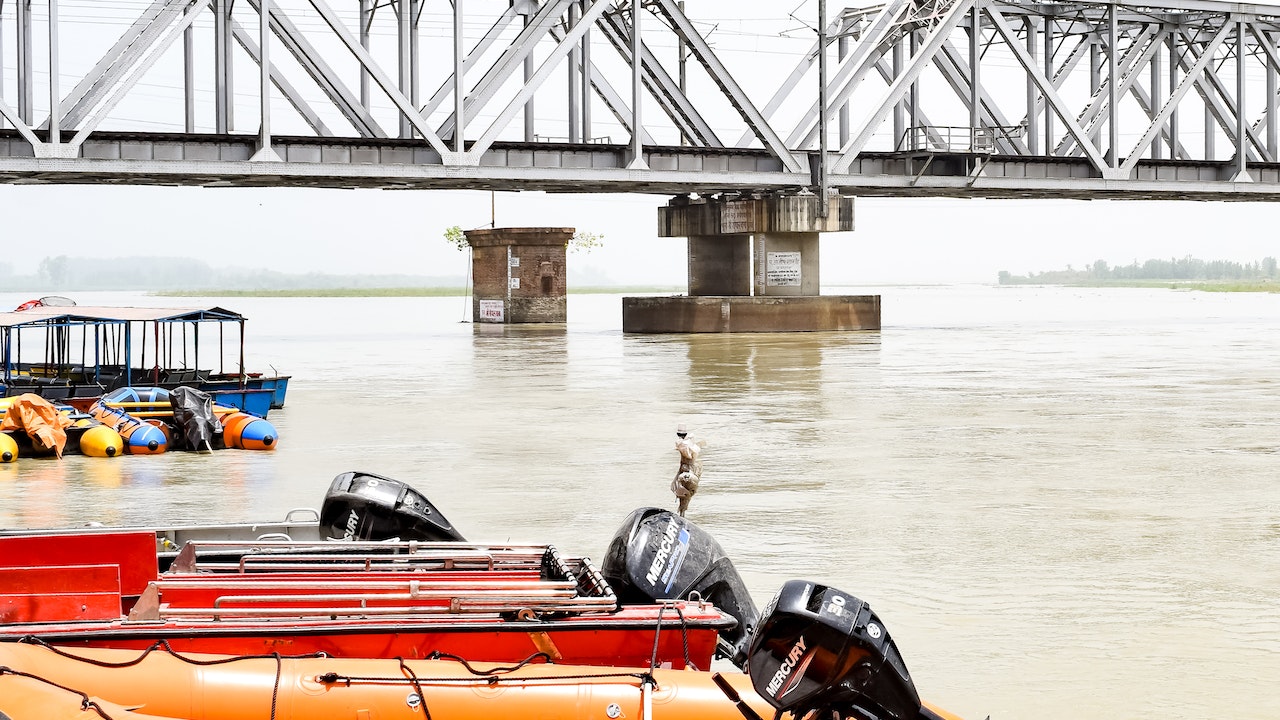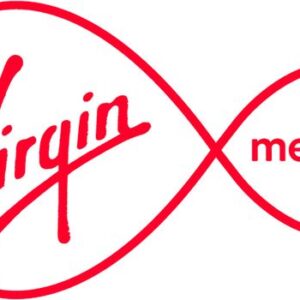On the 7th of March, Rishi Sunak announced the government’s plan to crackdown on migrants who are crossing the channel in small boats. He said that anyone found to have entered the country illegally would not only be removed from the UK within 28 days, but would also be blocked from returning or claiming British citizenship in future.
Those who arrive in small boats would either be returned to their home country, or another “safe third country” like Rwanda.
People who arrive “illegally” also won’t be covered under anti slavery laws, leaving thousands of vulnerable people in danger in the UK.
Why is this happening?
According to Rishi Sunak, stopping the boats is not just his priority, “it’s the people’s priority.”
This simply isn’t true though.
Despite how much the government and the conservative press like to complain about migrants crossing the channel, the British public no longer identify immigration as one of its most important three issues, nevermind thinking it’s the country’s priority.
The British people see the economy, the cost of living crisis, and the restoration of good NHS healthcare as their three most important concerns.
The establishment still seems to think that it can distract the general public from the economic and policy causes of their troubles, by creating anger against immigrants. A campaign that the conservative press and both major parties participate in.
The ruling class is used to playing divide and rule like this. Thankfully, most of the population isn’t biting anymore.
Who’s coming to the UK and why?
Last year, 15,925 Albanian people arrived across the channel in small boats, making them by far the largest group. But 95 percent of those arrived between May and October. Only 166 arrived in November and 28 in December, so it appears that Albanian migrants no longer make up a significant part of the arrivals.
The majority of the remaining channel crossers were from Afghanistan (8,633), Iran (5,642), Iraq (4,377), and Syria (2,916).
Afghanistan is currently under US led sanctions from the West, which are devastating the country’s economy. The World Health Organisation estimates that 28.3 million people (two-thirds of Afghanistan’s population) will need urgent humanitarian assistance this year.
This has come after the Western powers voluntarily agreed to hand over power to the new Afghan government, making the sanctions doubly horrific.
Meanwhile, Iran is having lots of recent domestic unrest, since the morality police killed 22 year old Kurdish woman Jina (Masha) Amini, and is also under a total economic embargo from the West that aims at strangling the country’s economy.
Iraq has been politically unstable, and has seen women’s rights regress sharply, since the Western invasion in 2003. The government has deployed Iranian backed militias to fire on protestors in order to quell dissent, as competing factions fight over the power vacuum left after the invasion.
Syria has seen years of civil war as well as a US led bombing and regime change campaign. Syria is also under harsh sanctions from Western countries. In January 2023, the UN warned that 70 percent of the population may soon not be able to put food on the table to feed their families.
It’s understandable, then, why people are fleeing these countries in search of a better life.
Should we take in these refugees and other migrants?
Given that our country has been a big player in destabilising, invading, and sanctioning these countries, the UK owes these people a debt of responsibility.
If the UK would stop trying to keep much of the world poor, in order to extract cheap labour and natural resources from foreign people, there would be far fewer refugees in the world.
Beyond that, we should take in all refugees. Aside from it being the right thing to do to help those in need, refugees can contribute a lot to our society. Immigrants bring fresh perspectives to enrich our culture and work to contribute to the economy.
Research also shows that immigrants claim fewer benefits than native British people. Around 15 per cent of UK nationals are currently claiming working age benefits, compared to six per cent of foreign nationals.
Clearly even those ordinary working people who view things from a selfish, short-term standpoint should want more immigrants here. Though we should work to close that disparity, where it’s not the natural result of age demographics, so that immigrants can have a more just share of the wealth they’re creating.
Some might have concerns about a lack of infrastructure and resources but there are 257,000 empty homes in England alone, which the government could requisition, if needs be. It could restore the funding it’s stripped from local authorities as well, since 2010. The government could even use its ridiculously cheap credit to finally start building social housing again, as it’s been promising to do for years. Not that it will do any of these without being forced.
There’s never any quibbling about money from the government when it’s writing off corporate PPE fraud, or handing cushy contracts to its mates. Don’t be fooled when they say there’s no money for public services.
Why does the establishment, including the capitalist press, want us to hate immigrants?
Lack of resources isn’t the main problem when it comes to allowing immigration, if it’s a problem at all.
The point of destabilising and co-opting foreign governments, the point of financially predatory loans from the IMF and the World Bank, is to force foreign people into a position where Western businesses can exploit them for cheap labour and natural resources. If we started letting the victims into the UK, they’d no longer be desperate and exploitable.
What should we do?
The UK is a class society. The establishment doesn’t represent the wishes or interests of all the people, only those of the ruling class. Hoping for an immigrant friendly party to vote for won’t help. The conservative press is going to keep whipping up hatred of immigrants, and no party is going to run an immigrant friendly platform.
Capitalism depends on financially exploiting people in poorer countries to make outsized profits. Ultimately, we need to replace the current political and economic system for one that stops demonising foreigners and invading their countries, because the plight of refugees won’t stop until we take control of society for working people, and stop abusing the rest of the world for the benefit of our domestic businesses.
Until then, we should try to force concessions for refugees and raise awareness about the capitalist system that creates refugees in the first place.





